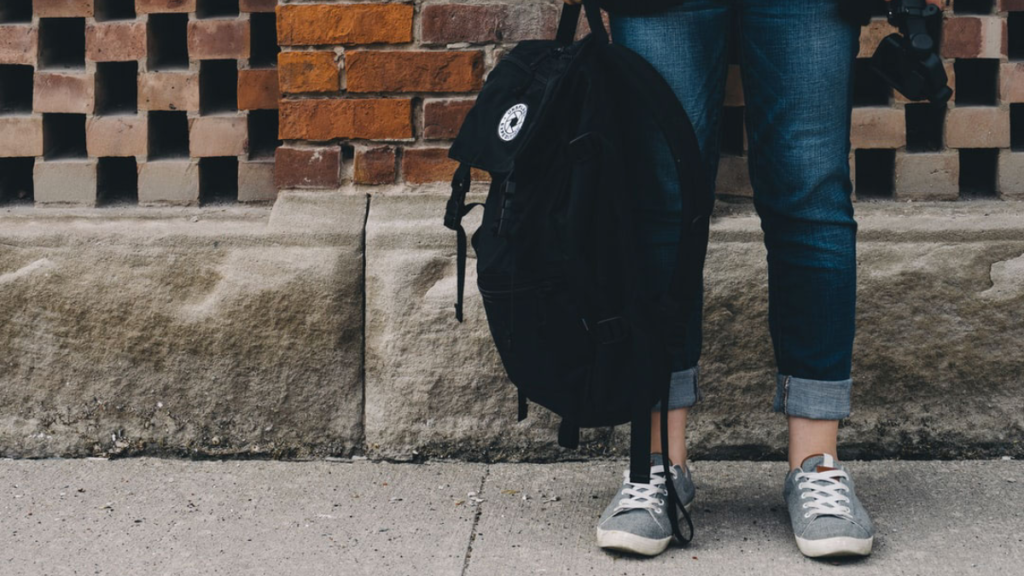
As adults struggle to work from home or fill their days with productive activities if they’ve been furloughed, our teenagers are struggling in a different way, making good parenting during quarantine a necessity.
How is quarantine affecting teens?
Many of our teens are missing out on sports, clubs, and the simple joy of leaving the house. For teenagers, attending school is often…
- Their only form of socializing, especially if they’re underclassmen with no license.
- Their last chance to see their favorite teachers and good friends before college.
- Their biggest escape from home life and stress.
- Their only opportunity to practice skills like sports or music with their mentors.
- Their transitional period into adulthood.
As one 16 year old boy told us, “Seeing my friends at school was the one thing that got me through the school day.”
Instead of easing into adulthood over the next few months, teens are suddenly struggling to come to terms with this part of their life coming to a close, pass exams, and attend online classes. While 75% of households are lucky enough to own a laptop or computer, those who cannot attend classes through online options could be facing even more uncertainty.
It makes sense that our teenagers are feeling more anxious than usual. Some kids who have never experienced anxiety before are beginning to face it for the first time. They might also be coping with feelings of depression, uncertainty, and more than a little cabin fever.
But how does your parenting during quarantine help support a teen with anxiety?
Explaining the importance of social distancing
Some teenagers might think that social distancing isn’t that important. They tend to feel that they are invincible since they have their whole life ahead of them. That’s why it’s important for you to explain how social distancing helps protect people they love including their grandparents and even their parents.
Of course, your kids might be hesitant to accept this information, especially if you try to explain it when tensions are running high. But sitting down with your teen and having a heart-to-heart can show that your sometimes strict parenting during quarantine is coming from a place of concern and love.
Other important notes to hit include:
- It’s not about them. But they could become a carrier and pass the virus onto someone else like a grandparent.
- They’re not the only person suffering. Almost three million people typically fly on airlines each day, but social distancing measures mean everybody needs to stay home. Even Disney closed its parks.
- Quarantine doesn’t mean the end of learning new things. Online school is still school. Learning to live with more online learning may be a skill they will need in the future.
It’s a difficult conversation to have, but the sooner you can get it taken care of, the better. If your kids ignore social distancing measures, that’s on you, dad.
Don’t be afraid to put your foot down. After all, setting boundaries is a part of good parenting during quarantine and always.
Loosen the rules on using the internet
When you took your fatherhood 101 class, setting limits on internet use was probably lesson number one. But during this time of social distancing, all we have are our phones and laptops to communicate with friends. In times of crisis, the internet connects us all.
You might also want to download a few different video calling apps. If you’re not sure what your options are, consider services like:
- Zoom
- Skype
- Google Meet and Google Duo
- Facebook video chat
- Snapchat
In the midst of relaxing your internet rules, however, parenting during quarantine is still essential: it’s key that you talk to your teen about the news. If they’re obsessing over the news, explain that this might be causing further anxiety.
Invest in healthy foods
When your teen is feeling anxious, their diet might start to change. Some teens don’t want to eat at all while others can’t help but over-indulge. Regardless, giving your child the nutrition they need can help keep their mental and physical health in check.
Kids between the ages of nine and 18 need at least 1,300 mg of calcium each day. On top of that, your teen might not be getting the necessary vitamin D that they need to boost their mood. After all, they can’t spend as much time outside.
When you’re planning meals, be sure to include calcium-rich foods and veggies that have a lot of vitamin C and vitamin D. For example, broccoli actually offers more vitamin C than oranges. Meanwhile, fatty foods like salmon are perfect for boosting vitamin D intake.
Consider online therapy
Thankfully, the stigma against mental health resources is slowly starting to crumble. If your teen is open to talking with a professional about their feelings. There are plenty of affordable online resources you might want to consider. If your child is a younger teen, it may be hard for you to imagine him or her wanting to talk to someone other than you about their frustrations. Sometimes, however, it can be difficult to talk to a parent about the personal issues a teen is going through, like relationships both romantic and platonic. Simply letting your teen know that you support therapy options could help in ways that you never anticipated.
Being a dad can be hard. Raising a teenager can be even harder. But good parenting during quarantine is so important. It won’t last forever, but while you’re getting through it, make sure your teen knows you’re in their court.
